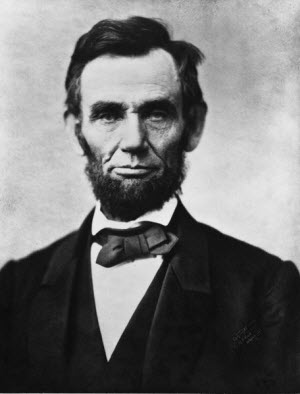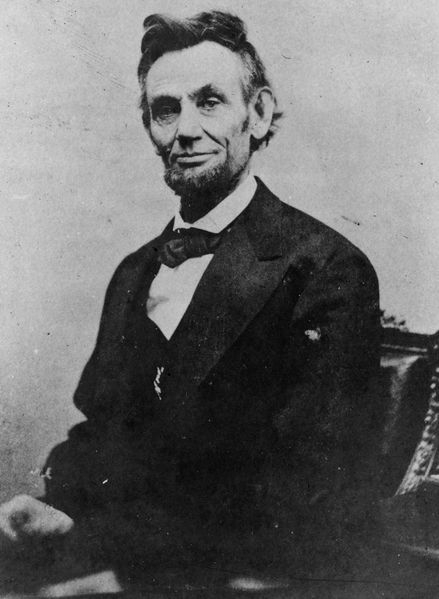By the Act of Emancipation President Lincoln built for himself forever the first place in the affections of the African race in this country. The love and reverence manifested for him by many of these people has, on some occasions, almost reached adoration. One day Colonel McKaye, of New York, who had been one of a committee to investigate the condition of the freedmen, upon his return from Hilton Head and Beaufort called upon the President, and in the course of the interview said that up to the time of the arrival among them in the South of the Union forces they had no knowledge of any other power. Their masters fled upon the approach of our soldiers, and this gave the slaves the conception of a power greater than their masters exercised. This power they called "Massa Linkum."
Colonel McKaye said their place of worship was a large building they called "the praise house," and the leader of the "meeting," a venerable black man, was known as "the praise man."
On a certain day, when there was quite a large gathering of the people, considerable confusion was created by different persons attempting to tell who and what "Massa Linkum" was. In the midst of the excitement the white-headed leader commanded silence. "Brederen," said he, "you don't know nosen' what you'se talkin' 'bout. Now, you just listen to me. Massa Linkum, he ebery whar. He know ebery ting."
Then, solemnly looking up, he added: "He walk de earf like de Lord!"
Abraham Lincoln | Events | People | Abraham Lincoln Quotes |
Quotations About Abraham Lincoln | Abraham Lincoln Photo Gallery | Abraham Lincoln Timeline |
Privacy Policy | About Us | Site News | Site Map |
Anecdotes and Stories About Abraham Lincoln


